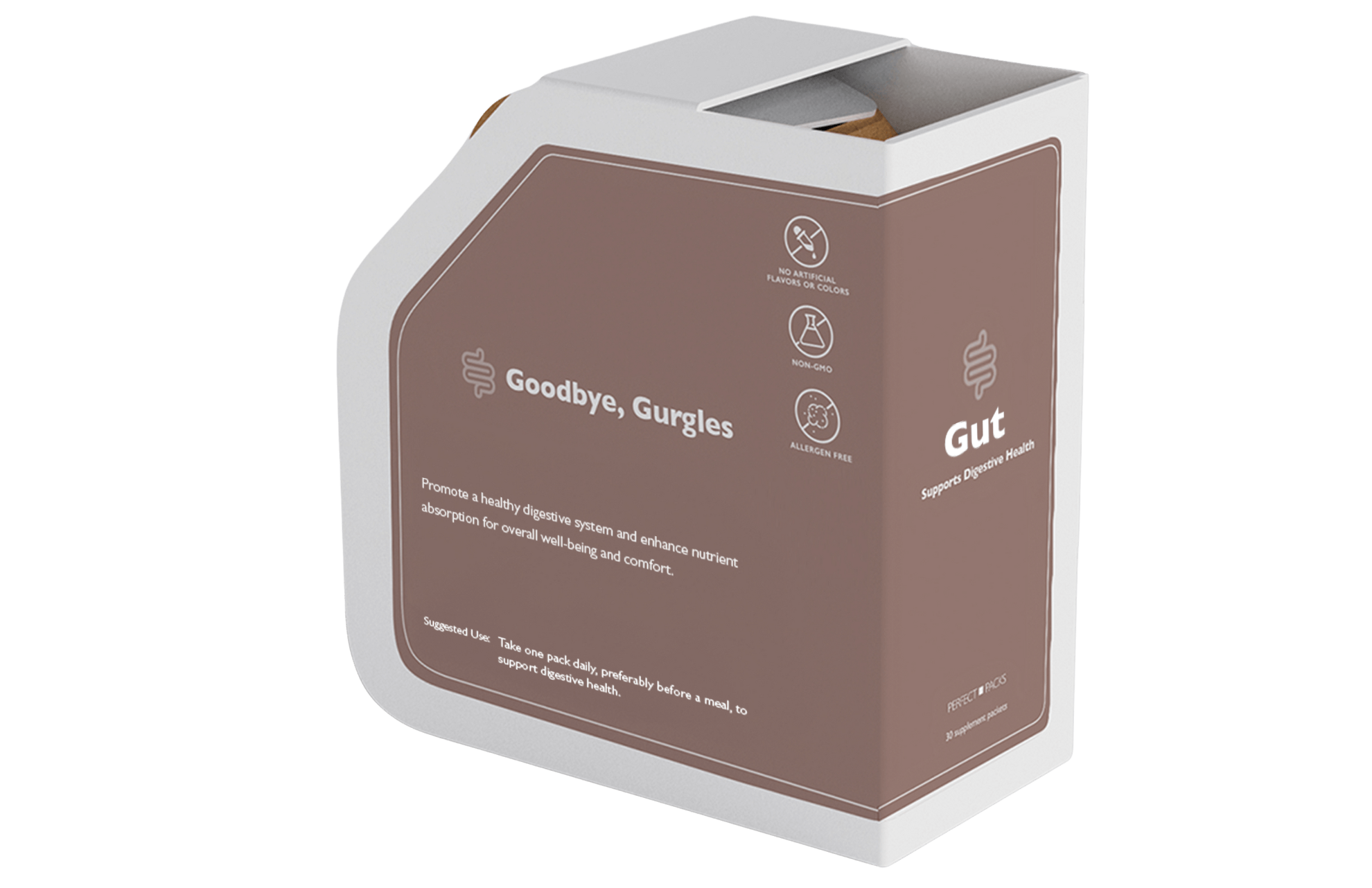Nexium (
generic name: esomeprazole) is a
proton pump inhibitor (PPI) that reduces the amount of
acid produced in the stomach. This medication is commonly prescribed to treat conditions related to
excess stomach acid, including
gastroesophageal reflux disease (GERD),
erosive esophagitis, and
peptic ulcers. By lowering acid levels, Nexium can help alleviate symptoms such as heartburn, difficulty swallowing, and persistent cough associated with GERD.
Esomeprazole works by inhibiting the enzyme responsible for producing acid in the stomach, making it beneficial for both immediate symptom relief and longer-term management of acid-related conditions. It also promotes the healing of acid-related damage to the lining of the esophagus, known as
erosive esophagitis. Additionally, Nexium is utilized as part of a treatment regimen to prevent gastric ulcers in patients taking NSAIDs (nonsteroidal anti-inflammatory drugs) who are at increased risk for developing these ulcers. For patients diagnosed with conditions involving excessive acid production, such as
Zollinger-Ellison syndrome, Nexium offers significant relief by managing acid secretion effectively.
In Israel, Nexium does not come in a purple capsule, although its formula and ingredients are exactly the same as in Nexium that can be bought in the U.S.
Dosage
For
GERD and erosive esophagitis, the typical dosage of Nexium is 20 mg to 40 mg once daily, usually taken for 4-8 weeks. In cases requiring prolonged therapy, the prescribing physician may recommend continued use at a lower maintenance dose. Nexium should not be chewed or crushed, but should be swallowed whole. Usually, it is recommended to take a scheduled dose at least one hour before meals. Nexium capsules can be opened and mixed with applesauce or into a glass of non-carbonated water.
Storage
Store Nexium in a cool, dry place at room temperature, away from moisture and heat. Keep the capsules in their original containers, and only remove a capsule shortly before using it.
Please read our tips on handling medicine safely.
Questions About Nexium
How long does it take for Nexium to start working?
Nexium begins to reduce acid production shortly after ingestion, with symptom relief often noticeable within one to four days. For some conditions, it may take up to two weeks to reach full therapeutic effect. For GERD, the full treatment course typically lasts 4-8 weeks for complete healing.
Can esomeprazole cause vitamin B12 deficiency?
Long-term use of esomeprazole can lead to a reduction in stomach acid, which may affect the absorption of vitamin B12. This can result in B12 deficiency, especially in patients using esomeprazole for extended periods. Regular monitoring by a healthcare provider can help address this risk.
Can lifestyle changes together with Nexium improve GERD?
Yes, incorporating lifestyle changes such as dietary modifications, weight management, and avoiding triggers like smoking or alcohol can significantly improve GERD symptoms. When combined with Nexium, these changes can help manage symptoms more effectively and may reduce the need for long-term medication.
This text is for informational purposes only. Please consult a doctor or pharmacist before using any medication.
Read the information leaflet that comes with the medication.
If a sudden allergic reaction (anaphylaxis) occurs after taking Nexium, with symptoms like swelling of the face, tongue, or throat making it difficult to breathe or swallow, or there is wheezing, hives, rash, blistering, or peeling of the skin, call a doctor or 911 right away, or go to an emergency room immediately.
Most people who use Nexium do not experience any adverse side effects. Doctors prescribe this medication because they assess the benefits of such treatment outweigh any likely unwanted effects.
Some of the side effects that have been reported include diarrhea, nausea, vomiting, headaches, rash, and dizziness. Consult a doctor right away if you develop persistent diarrhea, abdominal or stomach pain/cramping, fever, or blood/mucus in your stool.
Not all side effects are listed here. If these or other unlisted symptoms persist or worsen, consult a healthcare provider or pharmacist.
Esomeprazole is used to treat certain stomach and esophagus problems (such as acid reflux, ulcers). It works by decreasing the amount of acid made in the stomach. It relieves symptoms such as heartburn, difficulty swallowing, and persistent cough. This medication helps heal acid damage to the stomach and esophagus, helps prevent ulcers, and may help prevent cancer of the esophagus. Esomeprazole belongs to a class of drugs known as proton pump inhibitors (PPIs).















